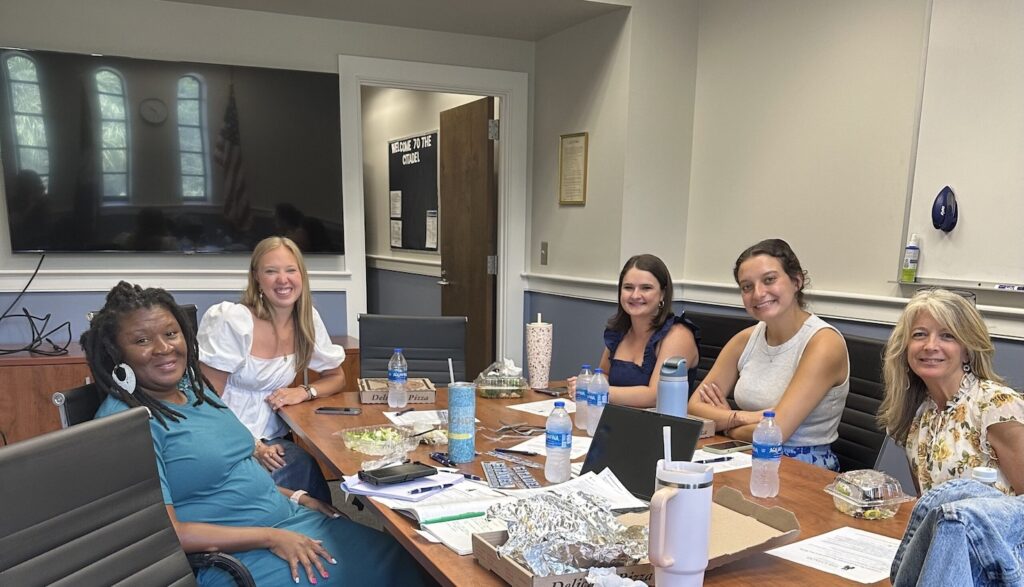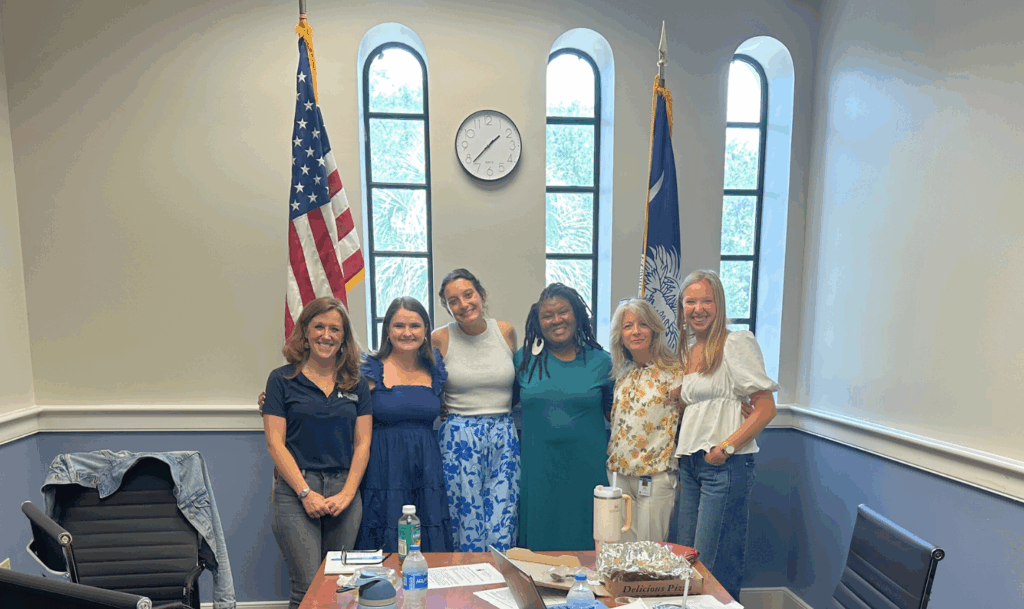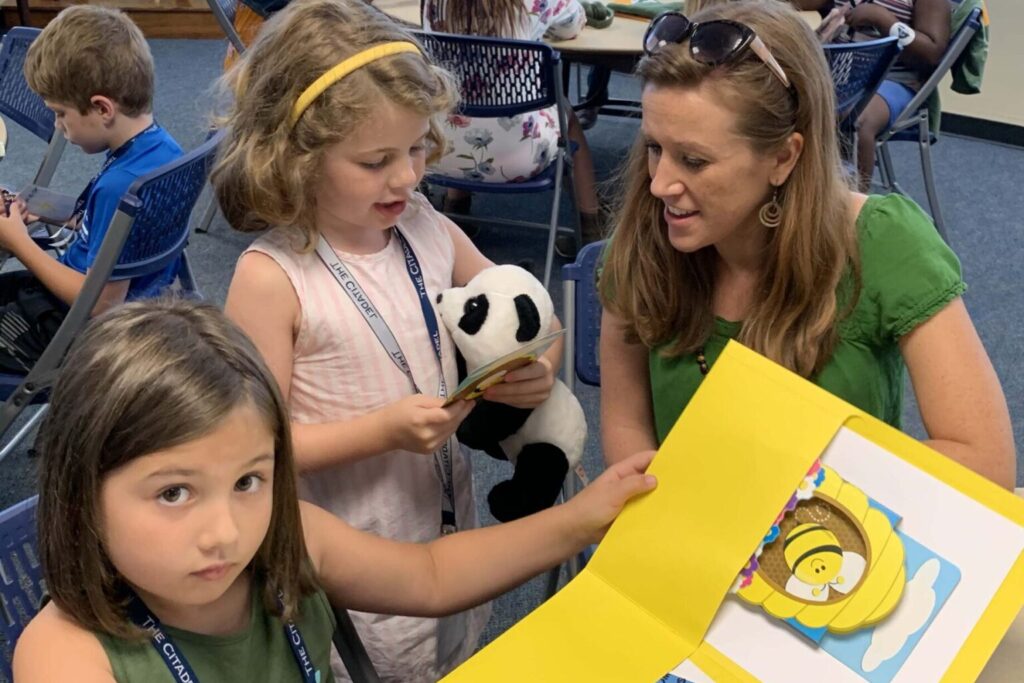Welcome!
Empowering Readers
Elevating Educators


Center for Literacy Excellence: First Annual Brain Trust Meeting June 6, 2025
Mission Statement
The Center of Literacy Excellence helps improve reading and writing skills for students across the Lowcountry and South Carolina. We offer ongoing tutoring from trained educators and give teachers hands-on opportunities to grow their own teaching skills through tutoring and special workshops. Our focus is on using modern technology and understanding how language supports learning, especially for multilingual students and those who need extra support with reading.
Our Philosophy
- Asset-Based Teaching
Every student brings unique strengths. Instruction should build on students’ cultural, intellectual, and personal assets. - Research-Informed Professional Development
Teacher learning should be grounded in current literacy research, including the five pillars of reading, and centered on curiosity, motivation, and engagement. - Skilled, Reflective Teaching
Effective literacy instruction requires deep knowledge, practical skill, and sound judgment—developed through hands-on practice and mentorship. - Diverse Research Matters
We draw on a range of research methods and perspectives to guide our work.
Meet The Team

Dr. Britnie Delinger Kane
See full bio
Dr. Britnie Delinger Kane is an Associate Professor of Literacy Education, the Director of The Citadel’s Center for Literacy Excellence, and the Program Coordinator for Literacy Education in the Zucker Family School of Education. She is the recipient of over $2.2 million dollars in grant funding from prestigious funding agencies at the national and state level, including the National Science Foundation, the Spencer Foundation, the South Carolina Department of Education, and the South Carolina Commission on Higher Education. Her more than 40 publications are regularly featured in top social science journals. Her research focuses on teachers’ professional learning, instructional coaching, writing teacher education, and content-area and disciplinary literacy. Her most recent grant work is focused on how literacy teachers can leverage generative AI for improved literacy outcomes. She has also served in multiple administrative roles, including as a Provost Fellow, Interim Dean, and Department Head for the Zucker Family School of Education at The Citadel. She received her doctorate in Language, Literacy, and Culture from Peabody College at Vanderbilt University.

Milissa Stooks
See full bio
Milissa Stooks is a veteran educator with over 30 years of experience, primarily in early childhood education, as well as in K–12 and 10 years of experience in higher education. She has served as a classroom teacher, literacy coach, curriculum leader, adjunct professor, and program director, focusing on literacy and student success. Milissa currently serves as an adjunct professor and project manager at the Center for Literacy Excellence in the Zucker Family School of Education. She has also contributed to community literacy efforts through past volunteer work with the Big Red Bookshelf and as co-president of the Southern Tier Reading Council. Her work has been recognized with several honors, including the Southern Tier of NY and PA Outstanding Educator Award and South Carolina’s Hometown Hero Award.
What We Do:
Thank You to Our Donors
This center, made possible through a generous donation from Wes and Betsy Fuller, supports the professional development of pre-school through 12th grade (PK-12) educators to meet the diverse needs of students including English as a second language learners and others with exceptionalities.

Our Partners

Anita Zucker Endowment for Literacy

Lowcountry Graduate Center

Lowcountry Writing Project
